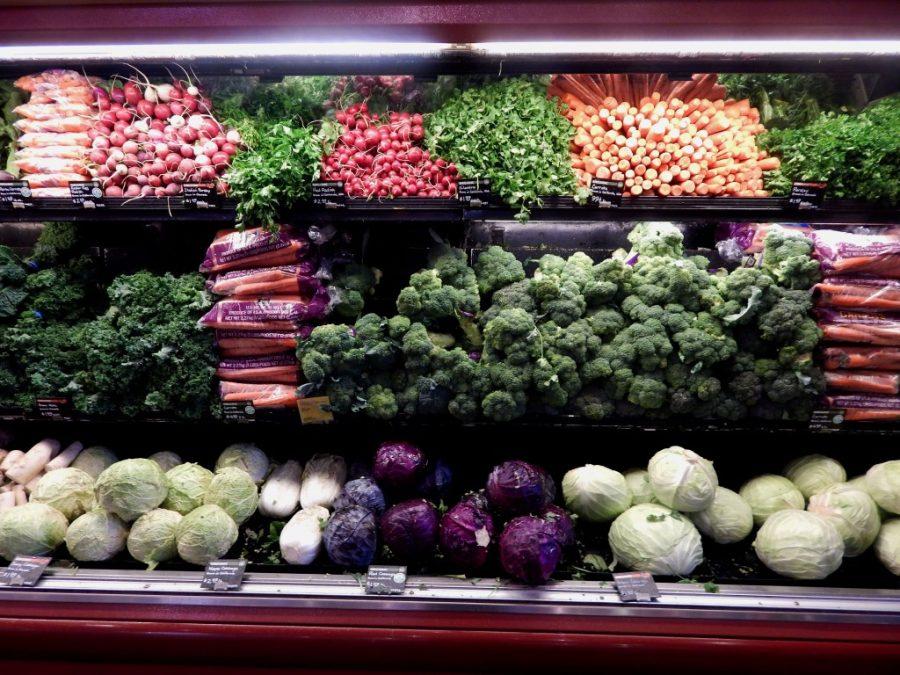In recent years, vegetarianism has become more and more popular in society, especially amongst youth. Even in the early 2000s, you would hear the word “vegetarian” and cringe, and going into a restaurant and finding an enjoyable vegetarian meal was nearly impossible. Nowadays, it seems like every other person you meet is a vegetarian, and vegetarian options in schools and restaurants are endless. This recent rave in vegetarianism has got a lot of people wondering: what is the deal with being a vegetarian and is it really a healthier diet?
One of the biggest worries of skeptics is the lack of nutrients and vitamins one experiences if meat is cut from his/her diet. Meat contains key nutrients, such as protein, iron, zinc, magnesium and vitamin B. The lack of these nutrients would potentially cause a huge health deficiency for one who chooses not to eat meat. However, there are also a lot of people who are vegetarians because meat causes them to get very ill. Their stomachs cannot break down tough meats, so they opt out of eating them as a whole.
Undeclared freshman Hillary Lorsch dealt with this issue by no longer eating meat and she said she “started feeling a lot better and lost weight easier.”
Many vegetarians have found alternative sources for nutrients found in meat. Some of these sources include vitamins, beans, nuts and tofu. Undeclared freshman Courtney Higgins, a vegetarian of three years, said she eats “a lot of black beans and other types of beans and nuts,” and every now and then, she also eats eggs, which are a high source of protein.
But what many people do not realize is that nutrition is not the only reason why people practice vegetarianism. Many vegetarians are protesting for their political beliefs. There are many controversies surrounding meat producing and packing industries and the way animals of those facilities are treated. Higgins, being a vegetarian that falls under this category, said, “I can’t eat an animal that spends its life being tortured and killed…just knowing they are suffering is enough for me.”
So, although being a vegetarian can come along with some health risks, it is easy to find alternatives to meat with just as much nutritional value. Some people are also forced to be vegetarians because of illness, not because of choice. Being a vegetarian can also be a way to make a political statement, and show that you are truly dedicated to a cause (such as fighting against animal cruelty). Vegetarianism is not just a trendy new thing that all the young folks are doing. It is a lifestyle.
This story was created for the 2014 Best of CSU issue produced by the College Avenue Magazine staff.
































